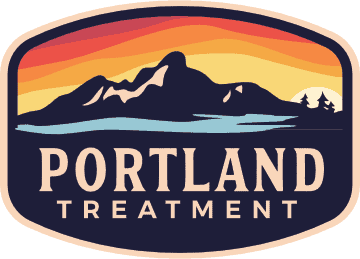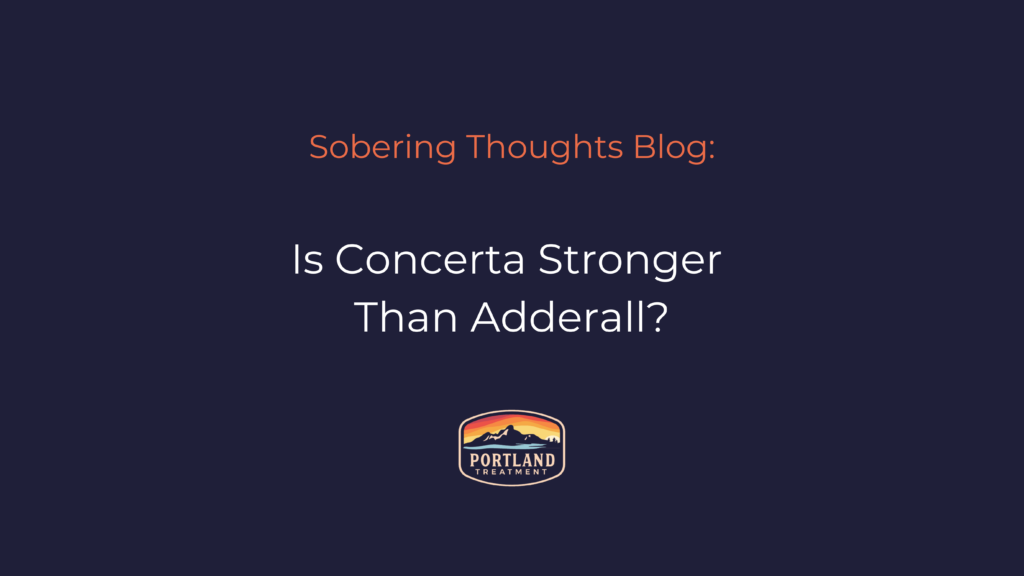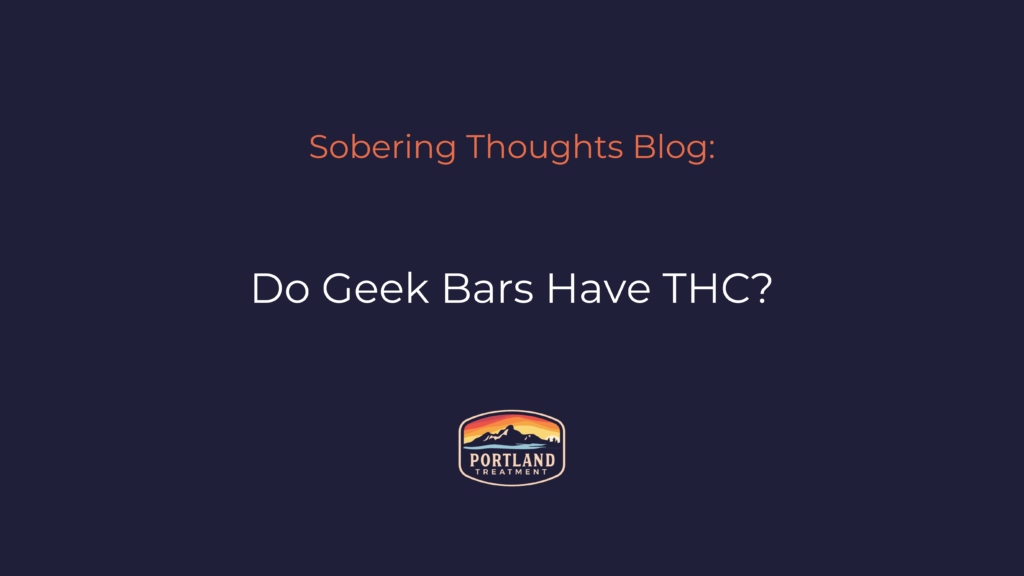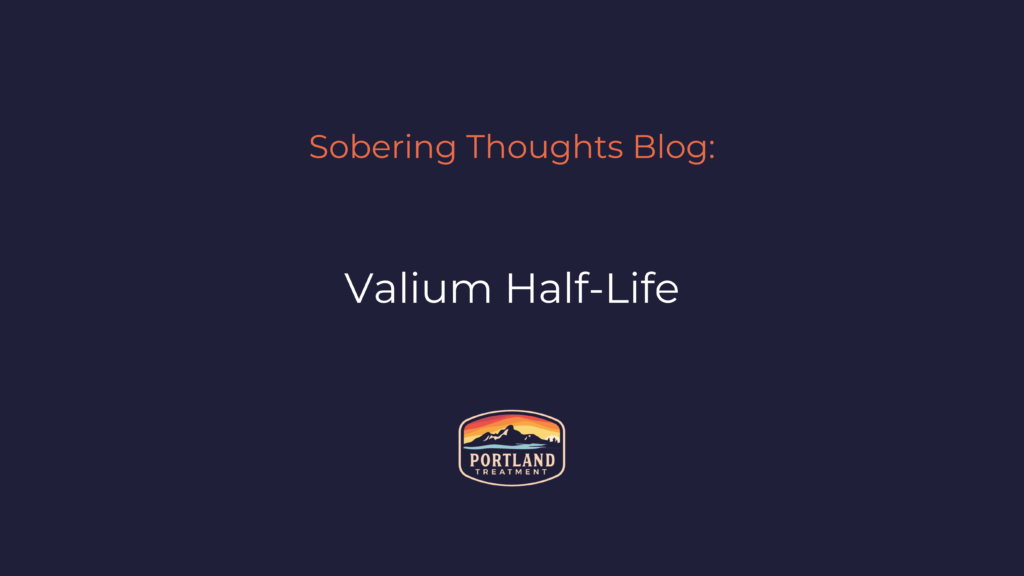Welcome to a comprehensive exploration of drug addiction and its impact, as well as the evolution of treatment approaches in Maine. Drug addiction is a complex issue that affects individuals and communities, with far-reaching consequences. In this article, we will delve into the science behind drug addiction, the traditional treatment methods, and the limitations they …
Welcome to a comprehensive exploration of drug addiction and its impact, as well as the evolution of treatment approaches in Maine. Drug addiction is a complex issue that affects individuals and communities, with far-reaching consequences. In this article, we will delve into the science behind drug addiction, the traditional treatment methods, and the limitations they present. We will then introduce the holistic approach to drug addiction treatment, discussing its definition, principles, and modalities. We will highlight the comprehensive care model and the importance of integrating medical, psychological, and spiritual support. We will provide insights into specialized drug rehabilitation programs in Maine, focusing on holistic and comprehensive care. Join us as we uncover the holistic approach to drug addiction treatment in Maine and the transformative impact it has on individuals and communities.
Understanding Drug Addiction and Its Impact
Understanding drug addiction and its impact is crucial for addressing the complex challenges associated with substance abuse and promoting effective recovery and healing.
Drug addiction is a multifaceted problem, affecting not only the individuals struggling with it but also their families, communities, and the society at large. It leads to devastating health consequences, social issues, and economic burdens. Addressing this issue requires a comprehensive understanding of the underlying factors contributing to addiction, the neurological and psychological impacts, and the social and environmental triggers. Effective treatment approaches encompass not only detoxification and rehabilitation but also mental health support, behavioral therapy, and ongoing recovery programs. By addressing the multifaceted nature of drug addiction, individuals and communities can work towards promoting sustainable recovery and minimizing the long-term repercussions of substance abuse.
The Science Behind Drug Addiction
The science behind drug addiction delves into the neurological, psychological, and behavioral mechanisms that underpin the development and persistence of addictive behaviors, shaping the foundation for targeted treatment and recovery interventions.
It’s fascinating how the neurobiological processes involve changes in the brain’s reward system, neurotransmitters, and neural pathways, contributing to the craving and compulsion for drugs. Psychological factors such as stress, trauma, and mental health disorders also play a crucial role in vulnerability to addiction. Understanding the interplay of these factors enables healthcare professionals to devise individualized treatment plans that address each person’s unique challenges and support their journey towards sustained recovery.
Impact of Drug Addiction on Individuals and Communities
The impact of drug addiction reverberates across individuals, families, and communities, influencing mental health, relationships, and societal well-being, highlighting the imperative for holistic treatment and support systems.
Drug addiction not only affects the individual struggling with it but also inflicts a profound impact on their immediate family members, often leading to strained relationships, emotional distress, and financial hardships. The ripple effect extends further, causing destabilization within communities, contributing to crime rates, overburdening social services, and impairing overall communal well-being. Addressing these multifaceted repercussions necessitates a comprehensive approach, encompassing mental health support, rehabilitation services, and community-based initiatives focused on prevention, education, and destigmatization.
Traditional Treatment Approaches for Drug Addiction
Traditional treatment approaches for drug addiction encompass a range of programs and interventions tailored to facilitate recovery, encompassing residential care, counseling, and structured rehabilitation programs designed to address diverse patient needs.
Residential care provides a supportive environment for individuals to detoxify and undergo intensive therapy, offering round-the-clock supervision and medical support. Counseling, whether individual or group-based, plays a crucial role in addressing the psychological and emotional aspects of addiction, aiding in the development of coping mechanisms and relapse prevention strategies.
Rehabilitation programs focus on equipping patients with life skills and promoting lifestyle changes to support long-term recovery. These may include vocational training, education, and community reintegration initiatives, fostering a holistic approach to sustained wellness.
Overview of Traditional Drug Rehabilitation Methods
An overview of traditional drug rehabilitation methods encompasses an array of services and interventions tailored to address the diverse needs of clients, encompassing individualized addiction treatment, alcohol rehabilitation, and personalized recovery plans.
These methods often incorporate a holistic approach, integrating behavioral therapy, counseling, and support groups to address the physical, psychological, and emotional aspects of addiction.
- Client services may include medically supervised detoxification, inpatient or outpatient treatment, and aftercare support to facilitate a successful transition back into everyday life.
- Personalized treatment approaches focus on identifying and addressing the unique underlying factors contributing to addiction, such as trauma, co-occurring mental health disorders, or environmental influences.
- Specialized addiction recovery programs may cater to specific populations, such as adolescents, women, or individuals with chronic relapse histories, offering tailored therapies and support services to meet their distinct needs.
Limitations and Challenges of Traditional Approaches
Despite their efficacy, traditional approaches to drug addiction treatment also present inherent limitations and challenges, necessitating a closer examination of the inclusion of outpatient programs, medical detoxification services, and comprehensive care models.
One of the primary drawbacks of traditional drug addiction treatment approaches is their limited focus on addressing the underlying issues that contribute to addiction. While these methods may effectively manage immediate withdrawal symptoms, they often fail to provide long-term support and holistic care. Access to these services can be constrained by geographical or financial barriers, preventing many individuals from seeking necessary help.
Medical detoxification services, on the other hand, offer a structured and supervised environment for individuals to safely withdraw from substances, minimizing health risks and potential relapse. By integrating outpatient programs into treatment plans, patients can receive ongoing support while continuing with their daily responsibilities, fostering a smoother transition to sustained recovery.
Comprehensive care models, combining medical, psychological, and social interventions, cater to the diverse needs of individuals struggling with drug addiction. This integrated approach addresses both the physical and emotional aspects of addiction, helping to reduce the likelihood of recurring substance use and promoting overall well-being.
Introduction to Holistic Approach in Drug Addiction Treatment
The introduction to a holistic approach in drug addiction treatment signifies a paradigm shift towards comprehensive, person-centric care, exemplified by facilities such as Pine Tree Recovery Center in Portland, Maine, offering individualized treatment and holistic therapeutic modalities.
Emphasizing the interconnectedness of mind, body, and spirit, a holistic approach acknowledges that addiction is multi-faceted, necessitating a diverse range of interventions. At Pine Tree Recovery Center, this translates into personalized care plans that address not only the symptoms of addiction but also the underlying emotional, psychological, and spiritual imbalances.
The holistic therapeutic modalities implemented at Pine Tree Recovery Center encompass a range of evidence-based practices, including mindfulness meditation, yoga, art therapy, and nutritional counseling. This comprehensive approach aims to restore balance and wellness, encouraging individuals to reconnect with their inner strength and resilience.
Definition and Principles of Holistic Care
The definition and principles of holistic care in addiction treatment encapsulate an integrated approach that addresses the multifaceted needs of individuals, families, and communities, with program inclusions such as Intensive Outpatient Program (IOP) emphasizing the comprehensive nature of recovery interventions.
Integral to the holistic treatment approach is the recognition of the interconnectedness between physical, emotional, and spiritual well-being. This involves tailoring individualized care plans that incorporate various therapeutic modalities, from cognitive-behavioral therapy to mindfulness practices. The presence of mental health support not only attends to underlying psychological issues but also plays a pivotal role in relapse prevention and overall well-being.
Another essential component of holistic care is the active involvement of families in the recovery journey. Family therapy sessions, educational workshops, and support groups serve to enhance familial relationships and create a supportive environment, fostering lasting change.
Holistic Treatment Modalities for Drug Addiction
Holistic treatment modalities for drug addiction encompass a diverse array of therapeutic interventions and supportive care measures tailored to meet the personal recovery needs of patients, exemplifying the compassionate approach adopted by facilities in Portland Maine.
These approaches often integrate individualized counseling, nutritional support, exercise regimens, and mindfulness-based practices aimed at addressing the physical, emotional, and psychological aspects of addiction. Patient-centric care is fundamental, with treatment plans designed to address the unique circumstances and challenges faced by each individual.
In Portland Maine, facilities offer a range of services, including art therapy, acupuncture, equine-assisted therapy, and yoga classes, aiming to provide a comprehensive and person-centered approach to recovery.
Comprehensive Care Model for Drug Addiction
The comprehensive care model for drug addiction is designed to integrate medical, psychological, and spiritual support, featuring personalized treatment plans, outpatient care, and medical detoxification services to address the diverse needs of individuals in recovery.
By embracing a holistic approach, this transformative model emphasizes the importance of addressing not only the physical aspects of addiction but also the mental and spiritual well-being of the individual.
- Medical support encompasses comprehensive assessments, medication management, and monitoring of physical health to establish a strong foundation for recovery.
- Psychological support integrates evidence-based therapies, counseling, and mental health services to address the emotional and behavioral aspects of addiction.
- With regards to spiritual support, the model recognizes the significance of faith and inner strength in the recovery journey, offering avenues for spiritual exploration and growth.
Each individual’s journey to recovery is unique, and personalized treatment plans are meticulously crafted to cater to their specific needs and circumstances. These plans embrace a patient-centered approach, considering factors such as family dynamics, co-occurring disorders, and social support systems to ensure comprehensive care.
The provision of outpatient care allows individuals to access support and treatment while continuing with their daily responsibilities and routines. This flexible approach promotes sustained recovery by integrating the principles learned in treatment into everyday life.
Medical detoxification services are administered under the supervision of experienced healthcare professionals, ensuring safety and comfort during this crucial phase of the recovery process. This essential service facilitates the transition to sobriety, easing the physical discomfort of withdrawal and providing crucial medical support.
Integrating Medical, Psychological, and Spiritual Support
Integrating medical, psychological, and spiritual support within addiction recovery underscores the commitment to individualized treatment and comprehensive care, exemplified by the approach adopted at Portland Treatment, a premier addiction treatment facility located near the vibrant city of Portland, Maine.
Portland Treatment recognizes the significance of integrating medical, psychological, and spiritual support to meet the unique needs of each individual seeking addiction treatment. The facility’s dedication to providing comprehensive care extends beyond addressing the physical aspects of addiction, encompassing the essential psychological and spiritual dimensions of recovery as well. This holistic approach creates a nurturing and compassionate environment where individuals can embark on their healing journey.
At Portland Treatment, individuals receive the multifaceted support necessary for their recovery from drug and alcohol addiction, utilizing evidence-based practices and personalized treatment plans. Their comprehensive care protocols, featuring Partial Hospitalization Program (PHP) and Intensive Outpatient Program (IOP) levels of care, ensure that individuals receive the appropriate level of treatment based on their specific needs and circumstances.
The team at Portland Treatment understands that the path to recovery requires not only addressing the physical dependence but also uncovering and healing the underlying psychological and spiritual aspects that contribute to addiction. By integrating medical, psychological, and spiritual support, the facility offers a warm, inviting atmosphere that fosters growth, empowerment, and lasting sobriety.
Portland Treatment is committed to being a beacon of hope in Maine’s addiction treatment landscape, providing compassionate care that assists individuals on their journey towards long-term recovery. By seamlessly integrating medical, psychological, and spiritual support, they offer a comprehensive addiction treatment solution to those in need, promoting healing, resilience, and a brighter future.
Importance of Individualized Treatment Plans
The importance of individualized treatment plans in addressing substance abuse lies in their ability to cater to the diverse and nuanced needs of patients, integrating counseling, residential care, and tailored recovery programs to foster healing and rehabilitation.
Substance abuse counseling plays a pivotal role in helping individuals confront and navigate the complex challenges they face. By understanding each person’s unique history, triggers, and mental health, personalized treatment plans can provide the necessary support and interventions. Residential care further strengthens the process, offering a structured environment conducive to recovery.
Tailored recovery programs encompass a range of therapeutic modalities and activities, carefully chosen to address specific needs and preferences. This comprehensive approach ensures that patients receive holistic care, addressing physical, emotional, and psychological aspects of their recovery journey.
Specialized Drug Rehabilitation Programs in Maine
Maine hosts specialized drug rehabilitation programs tailored to address substance abuse challenges, featuring outpatient programs, holistic interventions, and a strong focus on mental health and family involvement to promote comprehensive recovery.
These programs provide individualized treatment plans that focus on addressing not just the symptoms of addiction, but also the underlying causes. Patients benefit from a range of evidence-based therapies, educational workshops, and counseling sessions that help them build the skills and resilience needed for long-term sobriety.
The outpatient care options enable individuals to receive treatment while maintaining their daily responsibilities, while holistic interventions aim to heal the whole person: body, mind, and spirit. Therapeutic approaches such as yoga, meditation, and art therapy are incorporated to foster holistic healing.
Overview of Drug Rehabilitation Centers in Maine
An overview of drug rehabilitation centers in Maine reveals a diverse array of programs and services, catering to the varied needs of patients and encompassing inclusive addiction recovery offerings, such as the Intensive Outpatient Program (IOP) exemplifying the breadth of care available.
Maine’s drug rehabilitation centers boast an array of therapy programs, from traditional 12-step approaches to holistic and evidence-based treatments, ensuring comprehensive care for individuals struggling with substance abuse. The facilities prioritize personalized treatment, addressing co-occurring mental health disorders and providing specialized recovery paths. From detoxification services to transitional housing and aftercare support, these centers equip patients with the necessary tools for sustained sobriety.
Focus on Holistic and Comprehensive Care
The focus on holistic and comprehensive care within drug rehabilitation centers in Maine underscores the commitment to personalized therapy, patient-centric care, and the compassionate ethos of addiction recovery, exemplifying the ethos of facilities in Portland Maine.
These facilities prioritize addressing the individual needs of each patient, recognizing the unique struggles and circumstances they face. This patient-centric approach extends to the personalized therapy offered, tailoring treatment plans to cater to the specific challenges and goals of each individual.
Through compassionate ethos, these centers create a nurturing and supportive environment, encouraging individuals to overcome the barriers to recovery and embrace a fulfilling, sober lifestyle. The integrated approach encompasses medical care, counseling, and behavioral therapies, fostering a comprehensive and multifaceted recovery journey for every individual.
Frequently Asked Questions
1. What is a holistic approach to drug addiction treatment in Maine?
A holistic approach to drug addiction treatment in Maine is a comprehensive and integrated approach that addresses the physical, mental, and emotional aspects of addiction. It goes beyond just addressing the substance use and also focuses on improving overall well-being and addressing underlying issues that may contribute to addiction.
2. What does comprehensive care mean in the context of drug addiction treatment?
Comprehensive care in drug addiction treatment means that all aspects of an individual’s well-being are taken into consideration. This includes physical health, mental health, emotional health, and social support. It also involves creating a personalized treatment plan that addresses the specific needs and challenges of each individual.
3. What types of drug addiction treatments are offered in Maine?
In Maine, there are various types of drug addiction treatments available, including inpatient and outpatient programs, detox programs, therapy and counseling, medication-assisted treatment, and holistic approaches such as acupuncture, meditation, and yoga. Each treatment is tailored to meet the individual needs of the person seeking help.
4. Is there a difference between drug rehab and alcohol rehab in Maine?
Yes, there is a difference between drug rehab and alcohol rehab in Maine. While both focus on addiction recovery, drug rehab specifically addresses substance use disorders, while alcohol rehab focuses on alcohol use disorders. However, many rehab facilities in Maine offer both drug and alcohol treatment programs.
5. How does Portland Treatment in Maine approach drug addiction treatment?
Portland Treatment in Maine takes a holistic approach to drug addiction treatment, incorporating traditional therapies, alternative therapies, and evidence-based practices. Their programs focus on addressing the root causes of addiction, developing coping skills, and promoting overall well-being for long-term recovery.
6. Can anyone benefit from a holistic approach to drug addiction treatment in Maine?
Yes, anyone struggling with drug addiction can benefit from a holistic approach to treatment in Maine. Whether you are seeking help for yourself or a loved one, a holistic approach provides a comprehensive and personalized treatment plan to address the physical, mental, and emotional aspects of addiction for lasting recovery.
Are you Ready for Portland Treatment in Maine
At Portland Treatment in Maine, we are dedicated to providing compassionate, expert-led addiction treatment services. Our approach is grounded in a deep understanding of the unique challenges faced by those struggling with substance abuse and addiction. We believe in offering a holistic path to recovery, combining evidence-based practices with innovative therapies tailored to individual needs.
Our comprehensive range of services includes everything from intensive inpatient care to flexible outpatient options, ensuring that each individual’s journey towards recovery is supported at every step. With a focus on sustainable recovery, we integrate life skills training, family support, and emotional wellness into our programs.
Our expert team, consisting of highly trained professionals, is committed to creating a supportive, healing environment where individuals can thrive. At Portland Treatment, we don’t just treat addiction; we empower individuals to rebuild their lives, offering hope and a new beginning.
Choose Portland Treatment in Maine for a recovery journey that is compassionate, personalized, and focused on your long-term wellness. We are not just near you; we are here for you.






